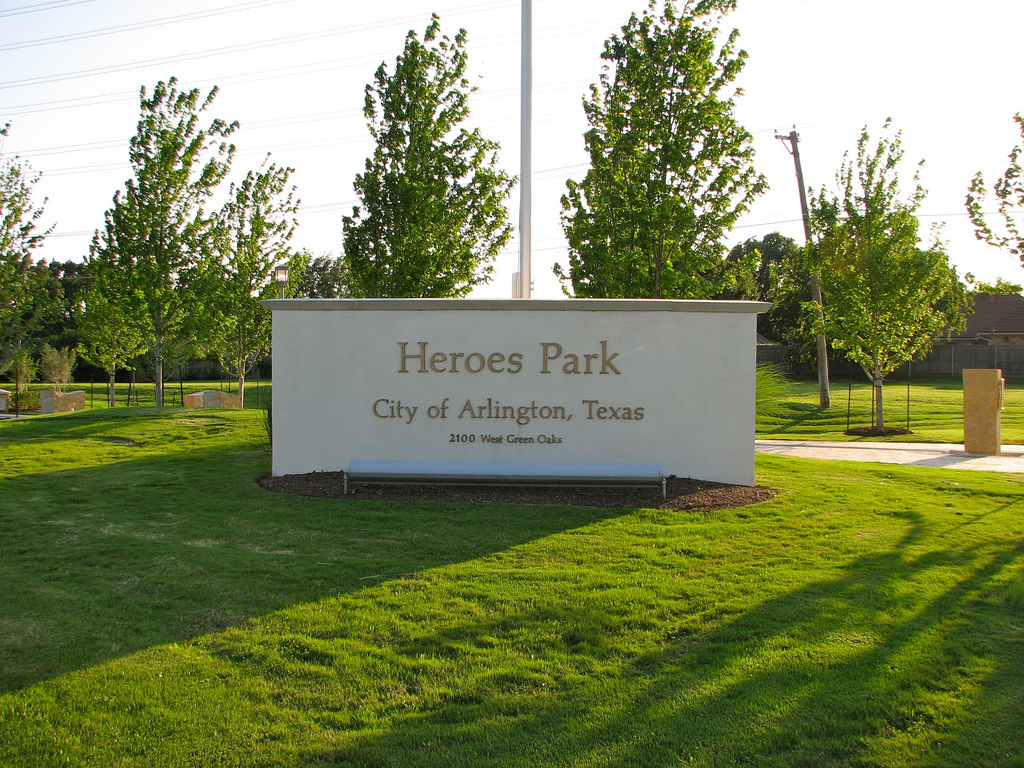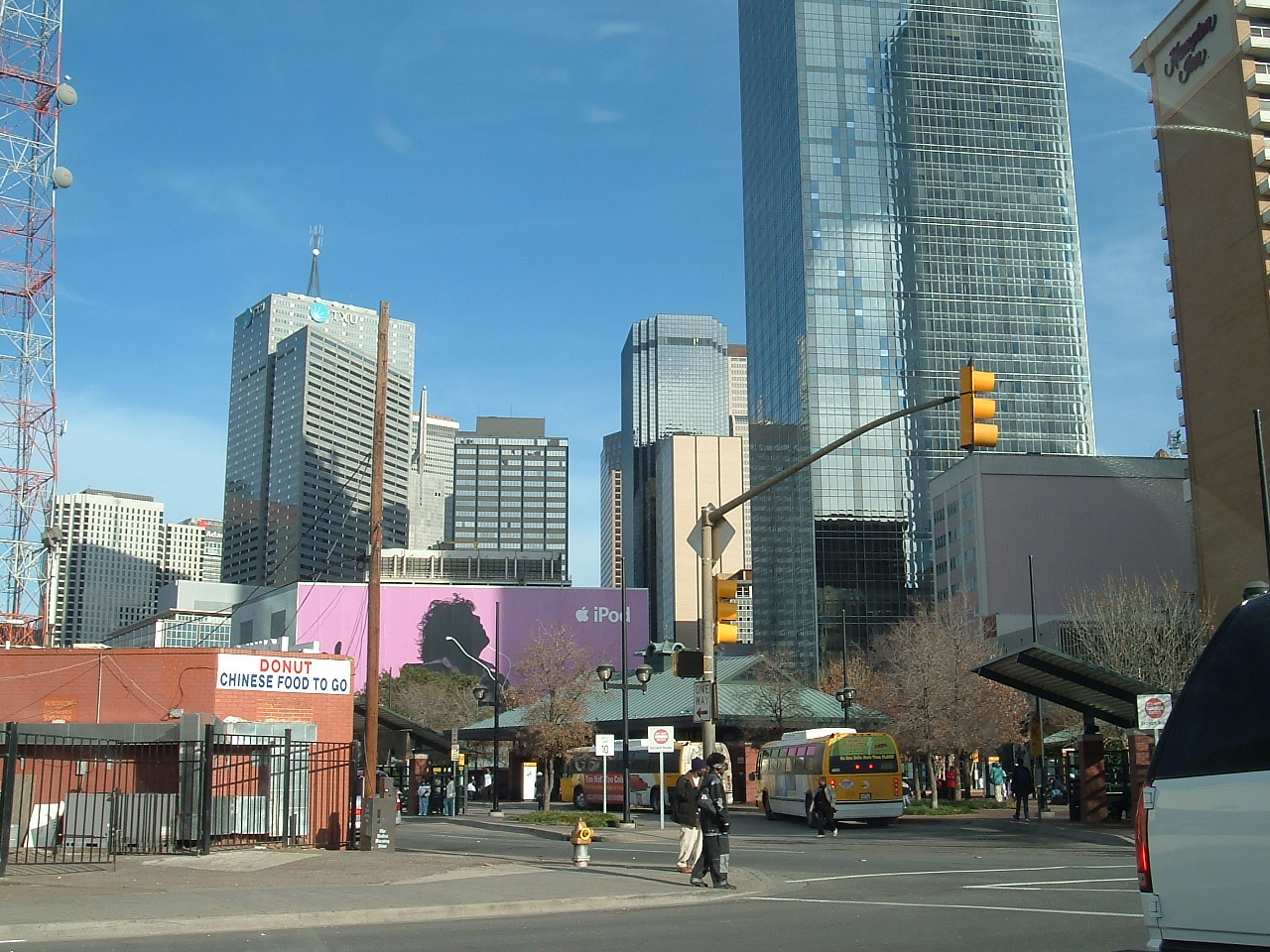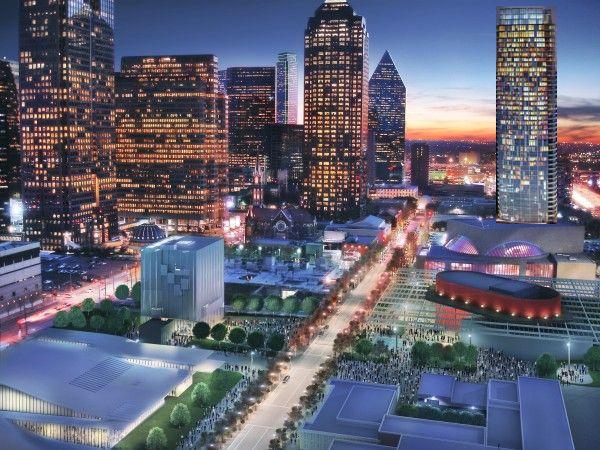If you’re thinking about moving to the Lone Star state or just making a purchase in Dallas for the first time in your lives, there’s a lot to keep in mind. Here are some tips from Movoto certified agents on what to watch for.
1. Younger Families Probably Don’t Want To Live Downtown

The suburbs are where it’s at. Unless you’re a wealthy urban dweller, you’re going to want to purchase a home in the ‘burbs.
Movoto certified agent Jim Wood gave us the scoop on which suburbs young, first-time home buyers focus on: Garland, Arlington, Mesquite and Carrollton.
Wood cautioned that while the suburbs on the south side of town are highly affordable, the crime rate there is very high.
2. The Hot Spot For Higher-Priced Buyers
If you’ve got the cash, White Rock Lake is the place to be. First-time home buyers usually can’t afford to jump in and pay for a $500,000 home from the get-go, but repeat buyers can. If you’re looking for the posh spot in Dallas, White Rock Lake is a good option, Wood said.
3. Peace And Quiet? Not A Chance.

Dallas is in a growth mode. If you’re looking to move to an area that’s big city without the hustle and bustle, Dallas might not be a good fit. Wood told us that Dallas is expected to continue growing until the year 2040.
4. Where To Live On The Cheap
Fixer-uppers are all over if you look around. Ward told us that the Casa View area of Dallas has low prices and a lot of foreclosure opportunities. If rolling up your sleeves and making a home your very own is your thing, look there.
5. Condo Central May Be Out Of Your League

Downtown condos are plentiful, but expensive. There’s a mini boom in the center of town, and a lot of new condominium developments are springing up.
New means pricey, so be ready to pay a lot. Depending on the street, you can expect to pay between $170,000 and $450,000 for a condo downtown.
6. The Homes Here Are Hot In More Than One Way
If you don’t like hot, buy a newer home. Just like any large city, Dallas has its older areas and its newer areas. Newer homes have a lot more radiant barriers and newer air conditioning units, which can make dealing with the June through September annual heat wave more manageable.
Find This Article Helpful? Here Are Some More You Might Like:
































